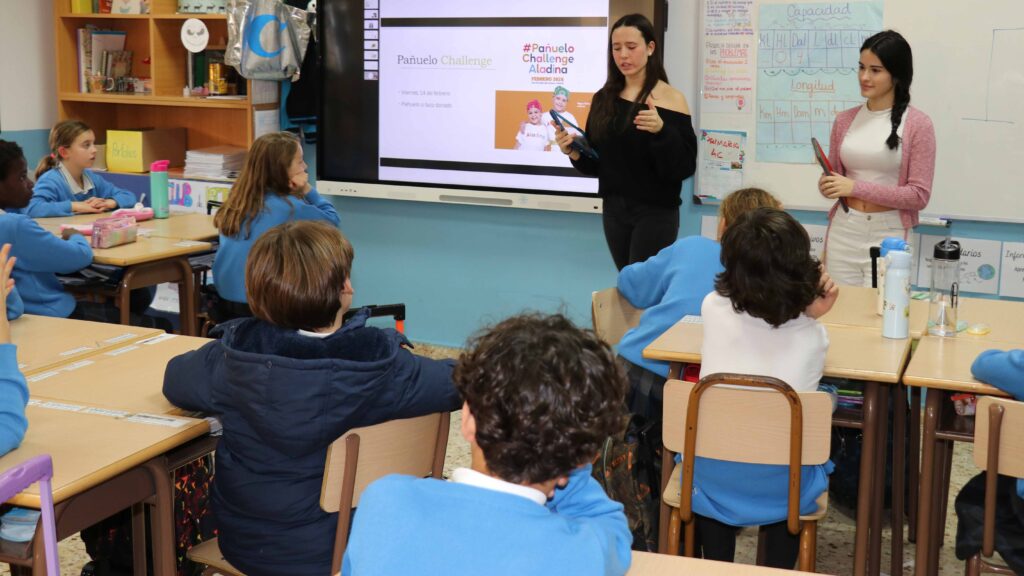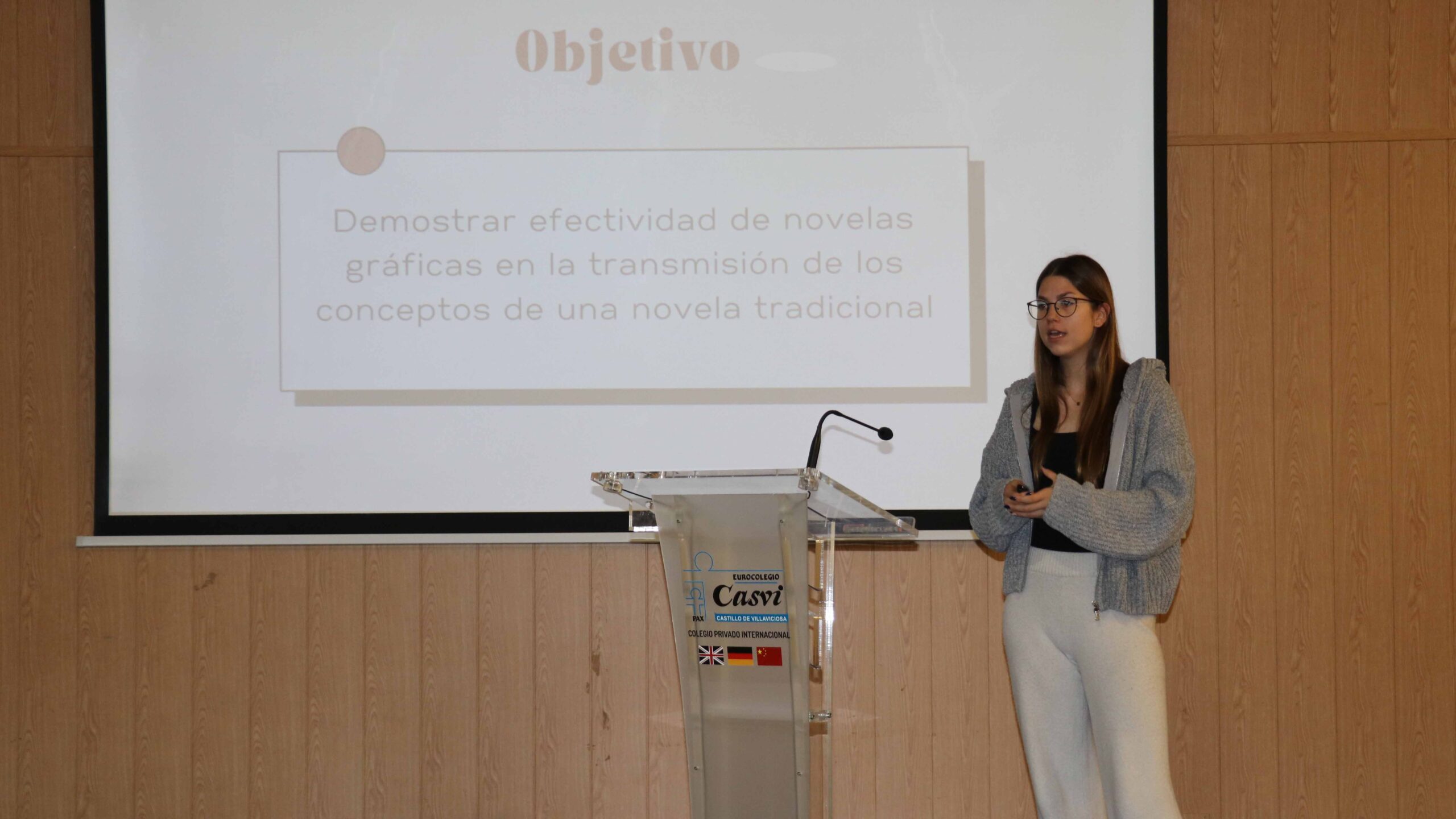At Casvi Villaviciosa International School, students on the Diploma Programme (International Baccalaureate) embark on an exciting intellectual journey: the creation of their own monographs. This independent research work not only allows them to delve deeper into a topic of interest to them. It also develops essential skills for their academic and professional future.
Throughout the process, students learn to formulate research questions, manage projects, evaluate sources with critical thinking and communicate their findings in a clear and structured way. To ensure optimal development, in the first year of the programme, students present their proposal to their professors. This first step helps them to refine their ideas, receive feedback and improve their research approach.
Join us on this journey to discover what a monograph is and how our students face this challenge with competence and enthusiasm.
WHAT IS A MONOGRAPH IN THE IB DIPLOMA PROGRAMME?
A monograph is much more than a long essay. It is an original and structured piece of research. In it, students explore a topic in depth within one of the subjects of the programme. According to the International Baccalaureate (IB), the monograph should:
- Be independent research of up to 4,000 words in length.
- Have a clear and precise research question to guide the whole process.
- Rely on reliable and well-documented sources.
- Follow a rigorous academic approach, with an appropriate citation style.
This process prepares students for university education, where research and academic writing are essential skills.
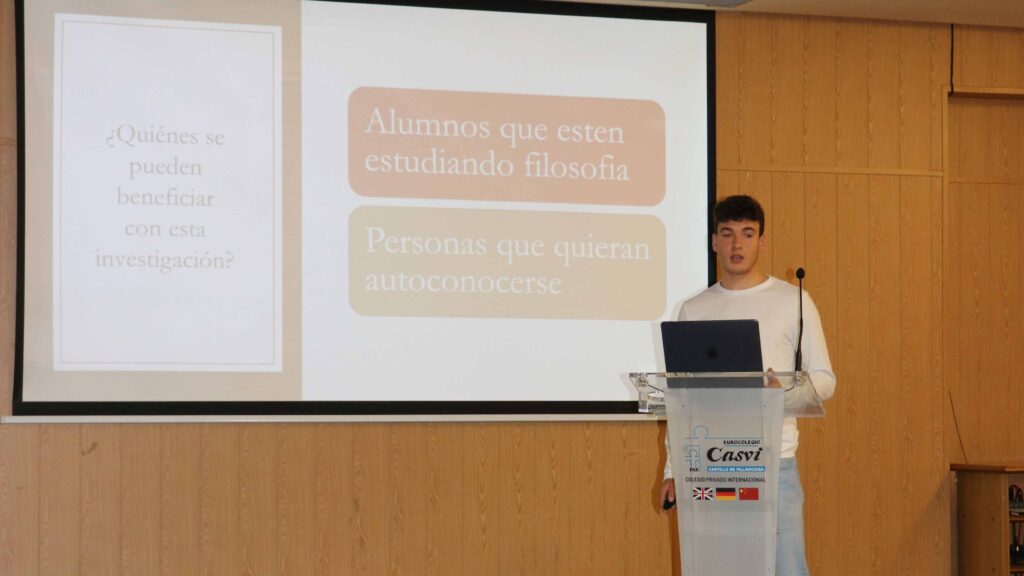
STEPS FOR THE PREPARATION OF A MONOGRAPH
Students follow a structured process to develop their research successfully.
1. Choosing the topic and formulating the research question
Each student chooses a topic they are passionate about within their area of study. The research question should be clear, specific and open to in-depth analysis.
Example of a good question:
- Too broad a question: ‘What is climate change?’
- Appropriate question: ‘How has climate change influenced wine production in La Rioja over the last 20 years?’
2. Preliminary research and source gathering
Learners consult books, scientific articles, previous studies and academic sources to build a solid foundation. It is key to use reliable and varied sources.
The use of academic databases such as Google Scholar or digital libraries is recommended.
3. Planning and structuring
Good organisation makes writing easier. A well-structured monograph usually includes:
- Introduction: Presentation of the topic and the research question.
- Theoretical framework: Explanation of key concepts and review of previous studies.
- Development: Data-based analysis and argumentation.
- Conclusion: Summary of findings and answer to the initial question.
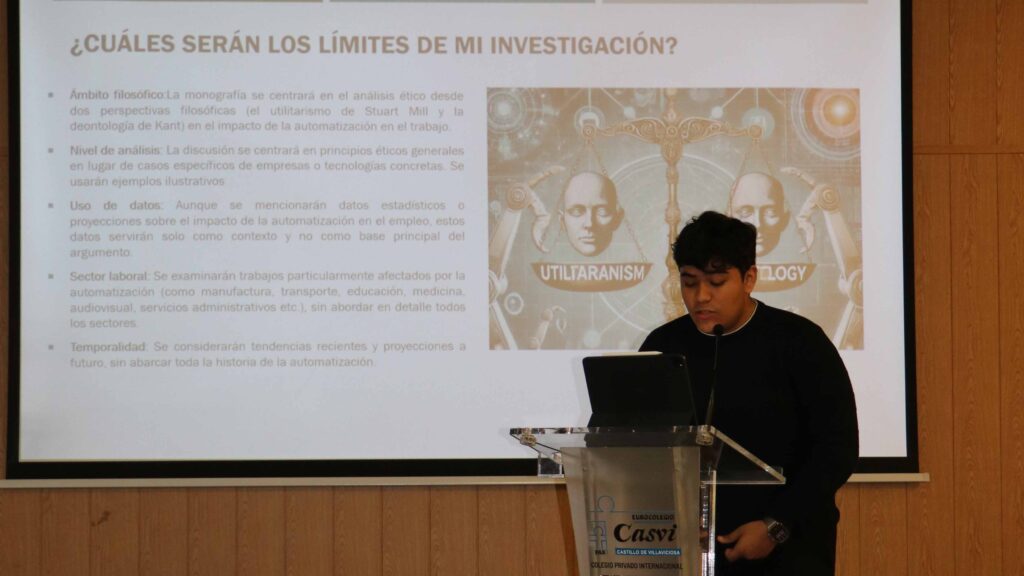
4. Drafting and revision
The monograph is written in several phases, including detailed revisions to improve the clarity and quality of the content.
Applying editing techniques such as reading aloud or asking someone else to review the text helps to identify areas for improvement.
BENEFITS OF DOING A MONOGRAPH
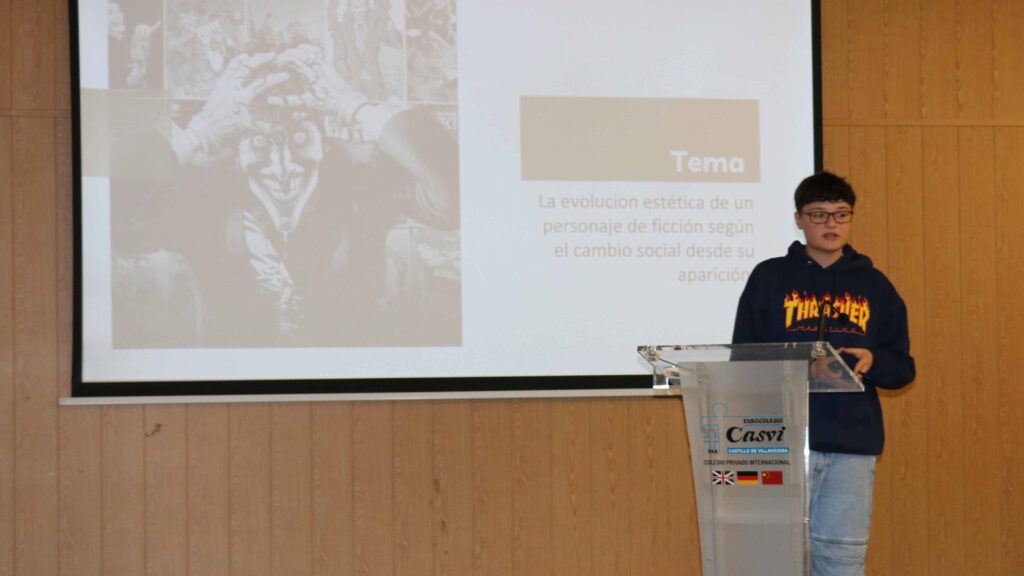
As well as being a requirement for the IB Diploma, the monograph provides key benefits.
- Development of academic skills: Students improve their critical analysis, formal writing and source evaluation skills.
- University preparation: Independent research prepares them for university work and theses.
- Time management: They learn to organise their work within defined deadlines, a valuable skill in any professional environment.
- Argumentative skills: They defend their ideas with rigour and structure, which strengthens their confidence and communication skills.
‘Doing my monograph was a challenge, but I learned how to research and organise myself. By the time I got to university, I already had experience in writing long academic essays.’
THE IB DIPLOMA PROGRAMME: A HOLISTIC APPROACH TO LEARNING
Beyond the monograph, the IB Diploma Programme is characterised by its holistic approach to education, preparing students in multiple areas.
- Global perspective: Promotes intercultural understanding and critical thinking.
- Creativity, Action and Service (CAS): Students participate in creative activities, sports and volunteering.
- Inquiry-based learning: Promotes curiosity and the desire to learn beyond the traditional curriculum.
LEARN MORE ABOUT CASVI VILLAVICIOSA AND THE DIPLOMA PROGRAMME (IB)
If you would like to know more about our school and how our International Baccalaureate educational model can make a difference to your child’s education, we invite you to visit us. Discover first-hand our innovative approach, our facilities and the experience of our students.
